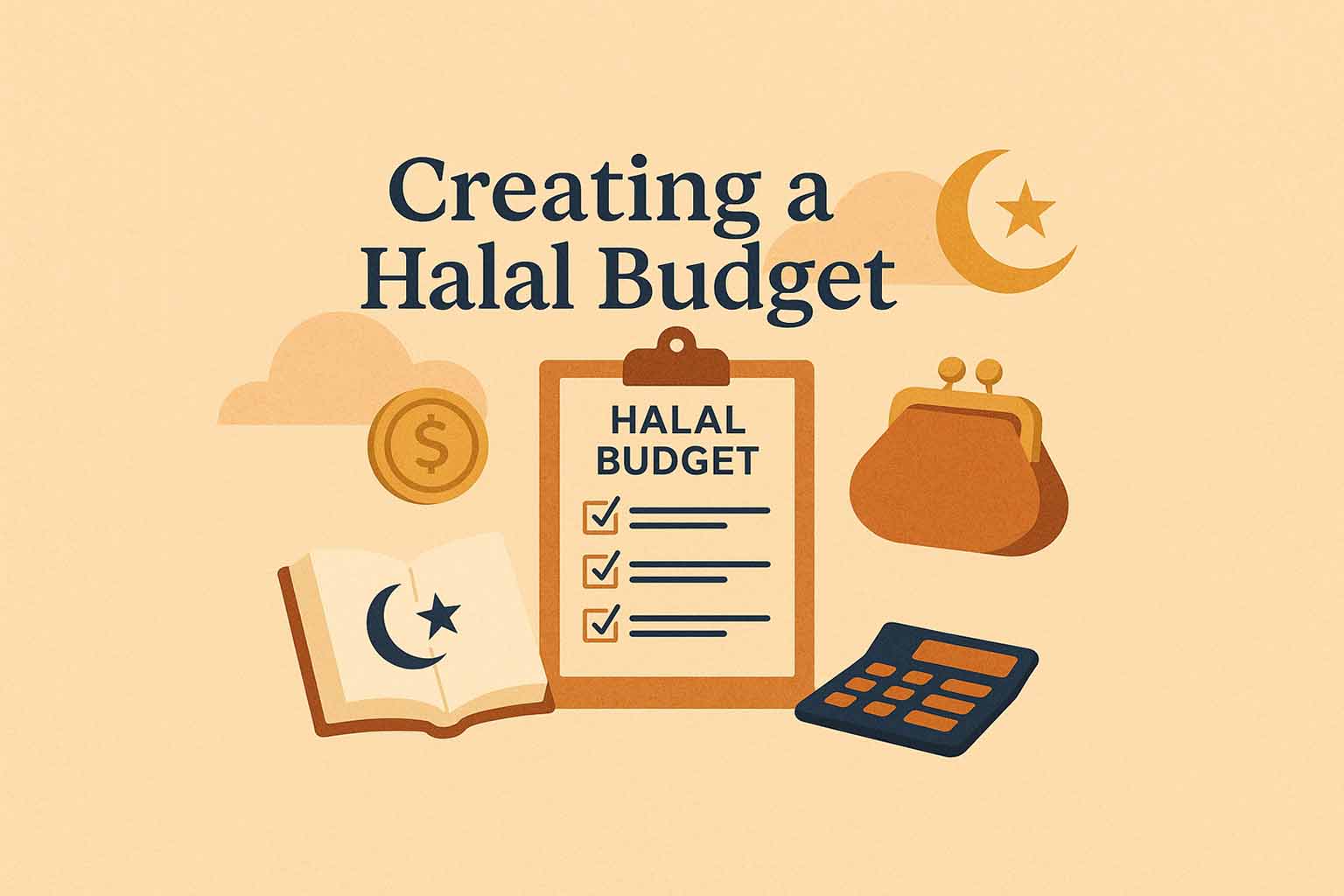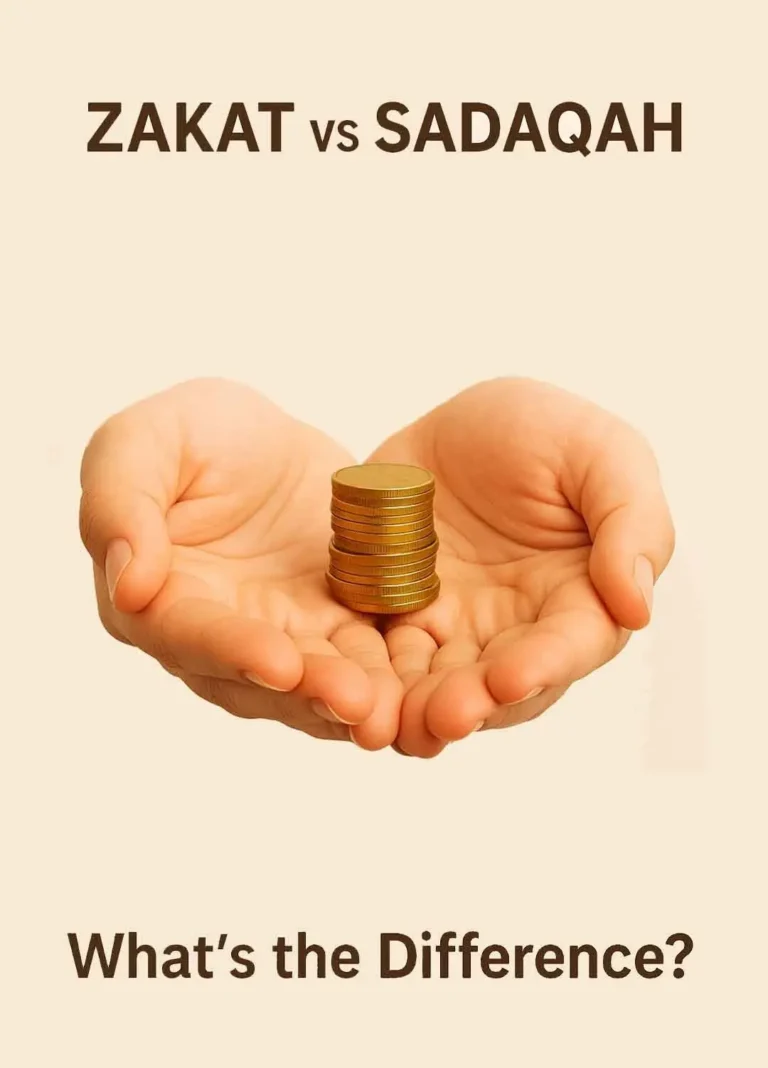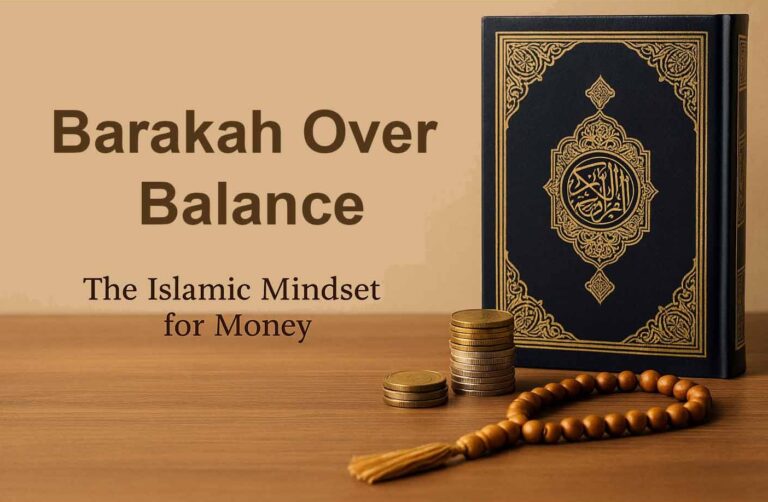Creating a Halal Budget: Aligning Your Money with Your Iman
In Islam, every blessing comes with accountability — including the money we earn and spend. Creating a halal budget is a powerful way to manage your finances while staying connected to your faith.
💬 Why Budgeting Is a Sunnah-Inspired Habit
Though the Prophet ﷺ didn’t use spreadsheets, he exemplified mindful spending, gratitude for blessings, and never being wasteful. Budgeting helps us:
- Spend within our means
- Give zakat and sadaqah consistently
- Avoid riba (interest) and unnecessary debt
- Plan for future needs — like Hajj, family, and emergencies

📋 6 Steps to Create Your Halal Budget
- Track your income: Include all halal sources (salary, freelancing, business, etc.)
- List monthly expenses: Group into essentials (housing, food, bills) and extras (subscriptions, treats, etc.)
- Plan your zakat & sadaqah: Automate giving if possible. Set a monthly sadaqah amount, even if small.
- Set savings goals: Include short-term (emergencies) and long-term (Hajj, house, kids’ education, etc.)
- Cut waste & debt: Review where you’re overspending. Avoid riba-based services like credit cards or loans.
- Review monthly: Make budgeting a monthly sunnah habit! Reflect and adjust as needed.
📌 What Makes It “Halal”?
It’s not just about numbers. A halal budget reflects your values:
- No income from haram sources
- No spending on impermissible items (e.g., alcohol, gambling, etc.)
- Zakat and sadaqah are prioritized, not neglected
- Debt is limited and managed responsibly
🛠 Tools You Can Use
🌙 Final Du’a
“O Allah, make halal sufficient for me instead of haram, and enrich me by Your bounty over all others.” (Tirmidhi)
Let your budget reflect your values. Keep it simple. Keep it spiritual. And keep it aligned with barakah.
Start your halal budgeting journey today!



